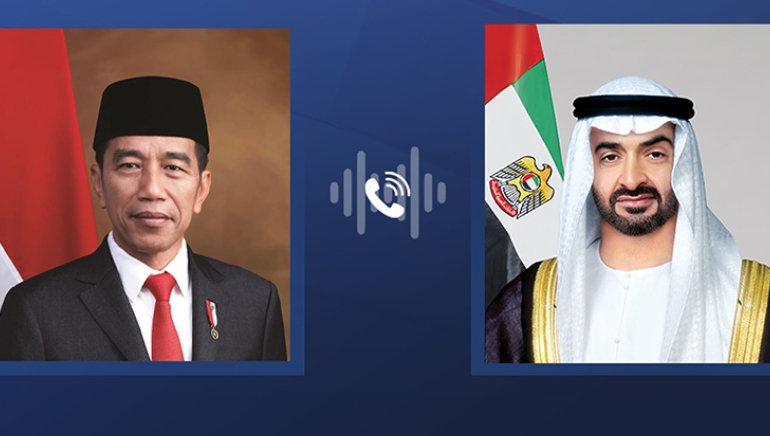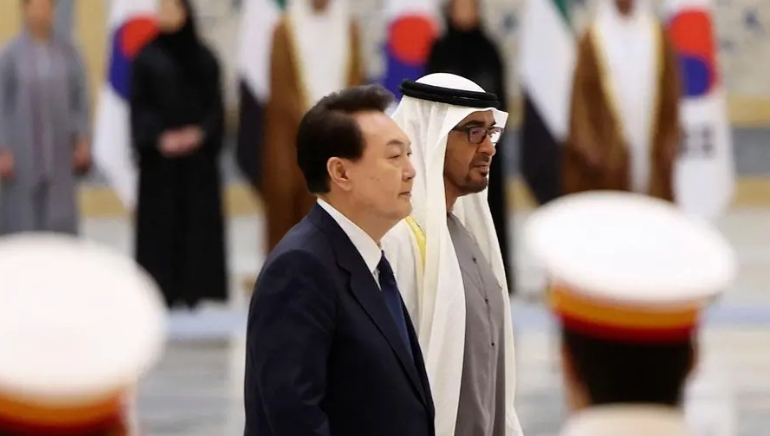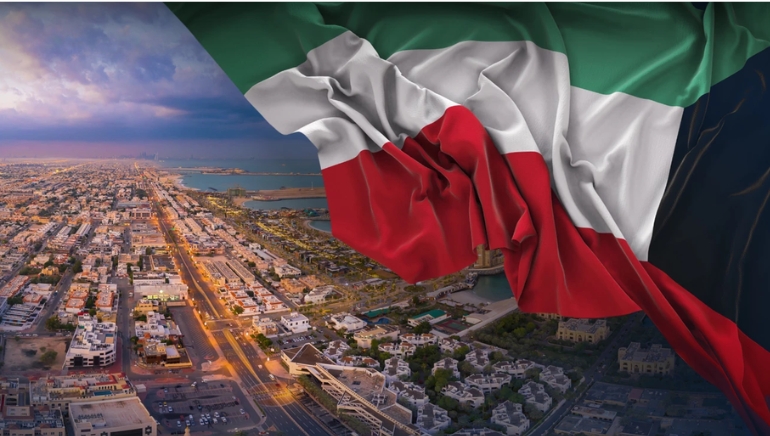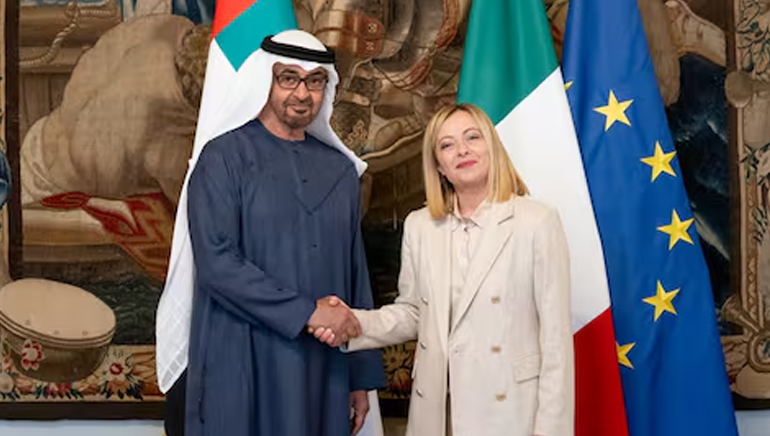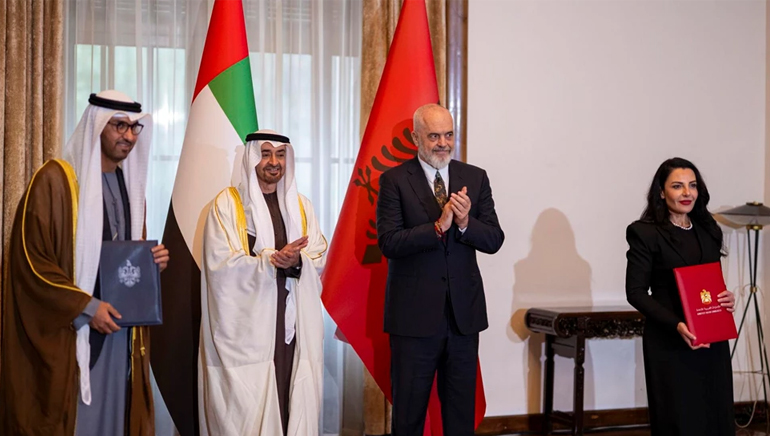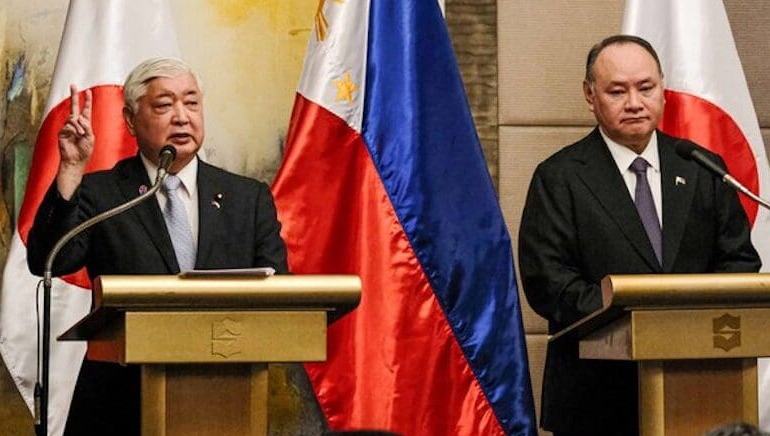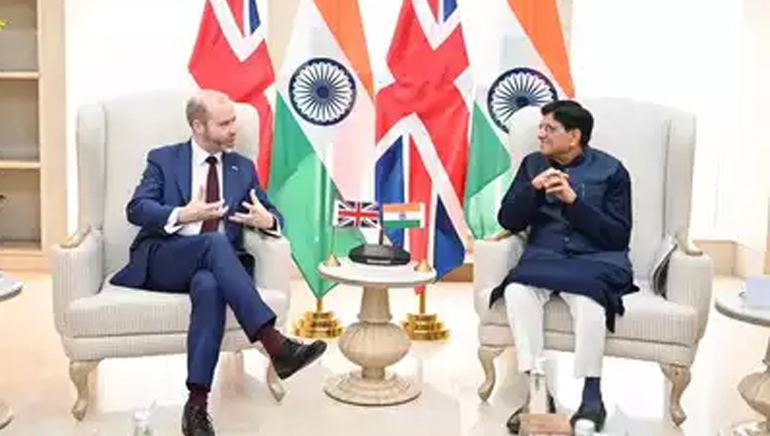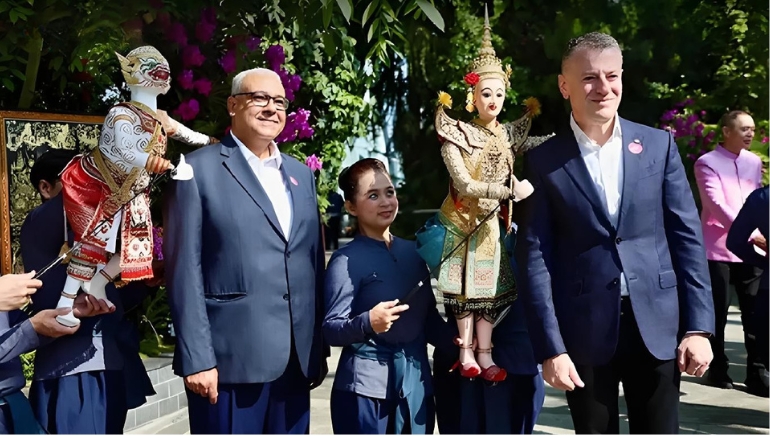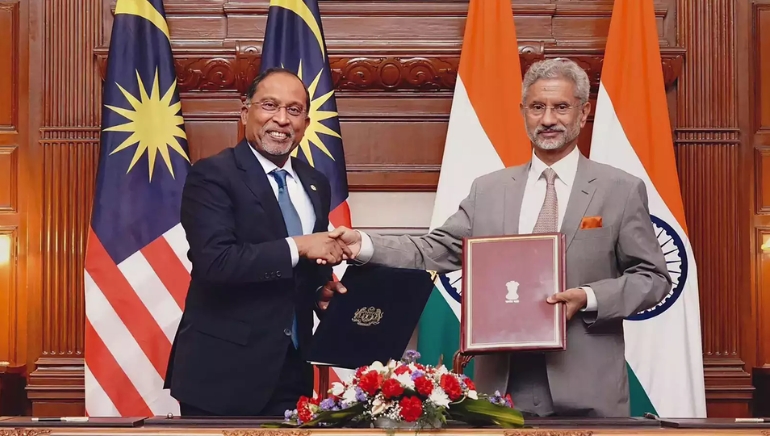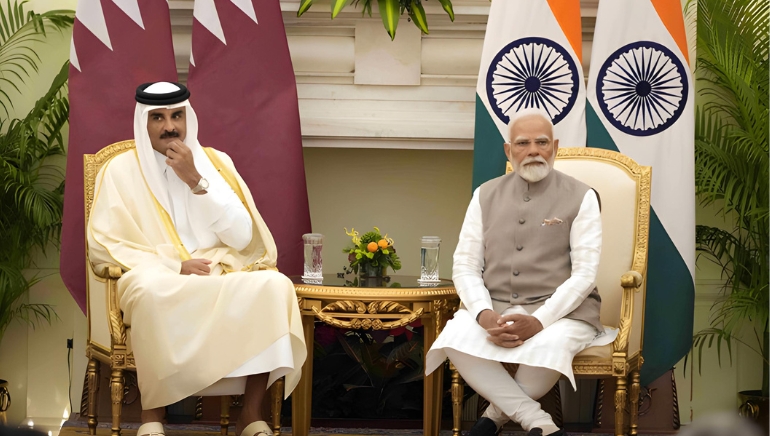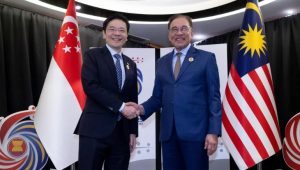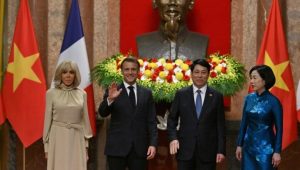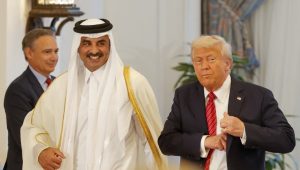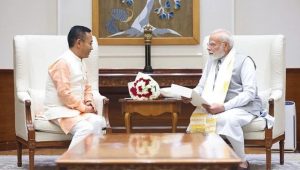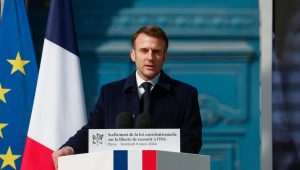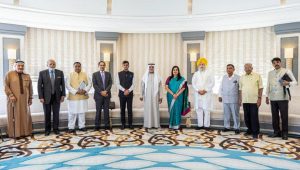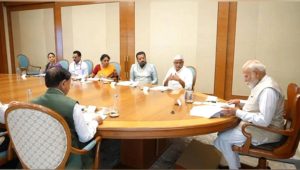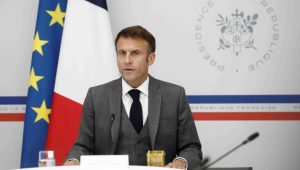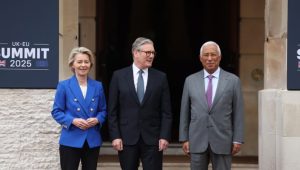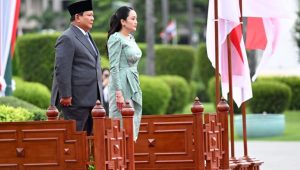UAE President Mohamed bin Zayed Al Nahyan spoke on the phone with Indonesian President Prabowo Subianto about critical regional and international issues.
The leaders prioritised improving bilateral relations between Abu Dhabi and Jakarta. They investigated ways to strengthen their comprehensive economic partnership, which includes trade, investment, and economic coordination. Both sides emphasised the need to strengthen collaboration in areas of mutual interest.
Indonesia and the UAE have been actively striving to strengthen connections across a variety of industries. The day before this talk, Indonesia’s Transport Minister, Dudy Purwagandhi, met with UAE Ambassador Abdulla Salem Al Dhaheri in Jakarta. Their conversations focused on advances in aviation, notably aircraft maintenance and industry expansion.
The UAE has also pledged to invest $10 billion in Indonesia’s sovereign wealth fund, which was inaugurated by President Subianto on February 24. The funding will benefit a variety of enterprises, including renewable energy and agricultural production.
At the World Government Summit in Dubai in mid-February, the UAE’s Minister of Economy, Abdulla Bin Touq Al Marri, and Indonesia’s Coordinating Minister for Economic Affairs, Airlangga Hartarto, agreed to increase yearly bilateral trade to $10 billion. By the end of 2024, their trade turnover had surpassed $5 billion.





